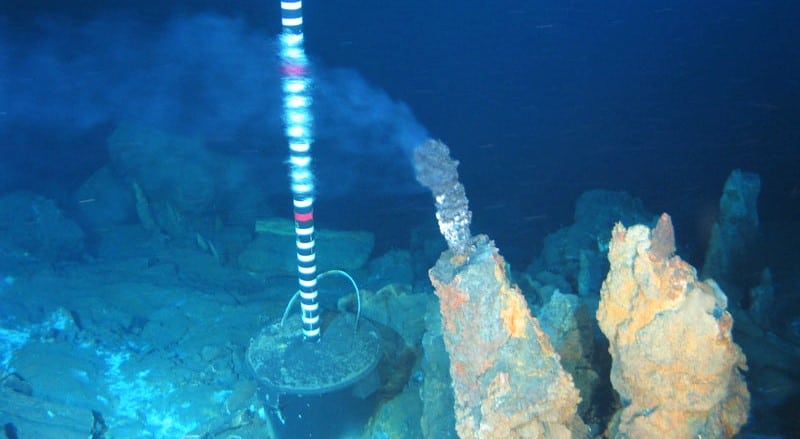Tuvalu and other nations have joined the call for a precautionary pause on deep sea mining at the 29th International Seabed Authority (ISA) Assembly meeting in Kingston, Jamaica.
Guatemala and Honduras also backed a precautionary pause on Wednesday, bringing the number of nations supporting some sort of pause or moratorium to 31.
The representative for Tuvalu said the government remained cautious of seabed mining developments and that there is not enough scientific information to understand the “complex web of life” in the deep sea.
“For Tuvalu, the ocean is the key denominator for sustainable development and the foundation of economic development. Tuvalu is concerned that any additional pressures from other anthropogenic activities will further intensify the existential threat that my people are facing,” the government representative said.
In 2022, Tuvalu’s government rescinded its support for company Circular Metals Ltd to explore seabed mining in the country’s waters.
According to a 2022 article on DSM Observer, there is “few information is available on Circular Metals. But the company is alleged to be “somehow connected to The Metals Company.”
Last week, The Metals Company chief executive Gerrard Barron told Reuters he planned to apply for a mining license in the Clarion Clipperton Zone through Nauru this year, after enacting what is known as the two-year rule.
Vanuatu’s minister for climate change, Ralph Regenvanu, in an earlier address to the ISA assembly this week, specifically called on small island developing states to value the ocean over profit.
“I know sometimes we are at a crossroads when we think of the financial future of our countries and the future survival of our heritage, but we have to remember that before any financial exploitation, our connection to our oceans is one that is deeply spiritual,” he said.
A recent study published in Nature Geoscience, shows oxygen is being emitted from polymetallic nodules on the sea floor of the Pacific Ocean’s Clarion-Clipperton Zone. The discovery is being called ‘dark oxygen’.
“This scientific revelation underscores the need for a moratorium or precautionary pause on deep-sea mining as the only responsible course of action,” Regenvanu said.
“We acknowledge that we currently do not have sufficient scientific information.”
Palau is also calling for a moratorium.
President Surangel Whipps Jr said the globally shared seabed is at risk of being destroyed and sold for profit benefiting only a select few.
“This is colonialism by another name, economic imperialism, where multinational mining companies prioritise profits over the well-being of our people and ecosystems,” Whipps said.
The mining industry sees the metals sitting on the seafloor will be needed to electrify the world as it moves away from fossil fuels.
But Whipps believed there is enough evidence for alternatives like recycling and advancing land-based extraction.
“Let us not, in our haste to solve one problem, inadvertently and thoughtlessly create another. We have been down that road before and hence, my country and many other small island developing states, now find ourselves on the front line of climate change.”
Greenpeace Head of Pacific Shiva Gounden said Tuvalu’s announcement was “courageous and historic”.
“The momentum growing against the destructive deep sea mining industry is undeniable,” Gounden said.
“For too long, profit-hungry corporations have plundered and exploited the ocean and high seas at the expense of the communities who depend on them, and whose lives and cultures are intrinsically linked with our oceans, said Gounden
